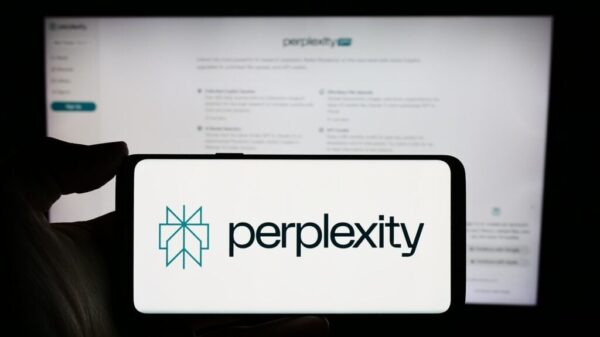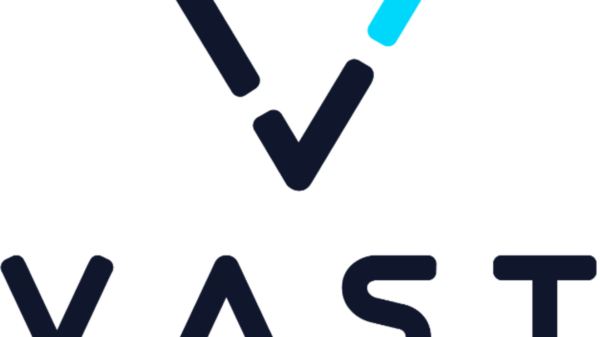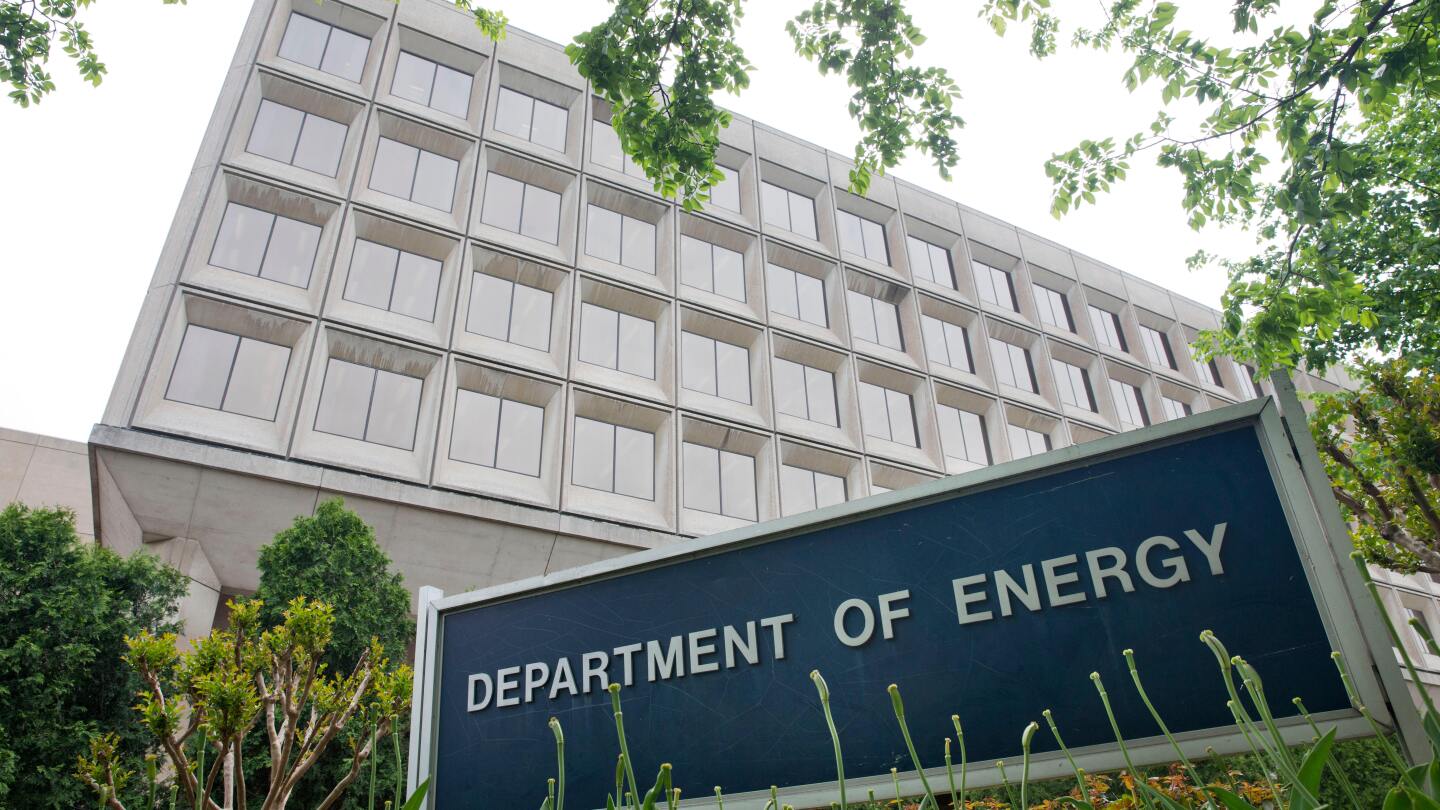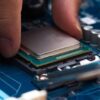President Donald Trump has directed the federal government to collaborate with tech companies and universities to transform government data into scientific discoveries, reiterating his vision of making artificial intelligence a cornerstone of the nation’s economic future. This initiative, dubbed the “Genesis Mission,” was announced as part of an executive order signed on Monday, which instructs the Department of Energy and national laboratories to establish a digital platform designed to centralize the nation’s scientific data.
The initiative calls for private sector and academic partnerships to leverage their AI capabilities to address pressing engineering, energy, and national security challenges, including the enhancement of the national electric grid, according to White House officials who spoke on condition of anonymity prior to the order’s signing. Notably, there was no specific mention of pursuing medical advancements within this framework.
The executive order articulates that “The Genesis Mission will bring together our Nation’s research and development resources — combining the efforts of brilliant American scientists, including those at our national laboratories, with pioneering American businesses; world-renowned universities; and existing research infrastructure, data repositories, production plants, and national security sites — to achieve dramatic acceleration in AI development and utilization.”
The Trump administration has framed this effort as the most ambitious mobilization of federal scientific resources since the Apollo space missions of the late 1960s and early 1970s, despite having enacted significant cuts to federal funding for scientific research, resulting in the loss of jobs and financial support for numerous scientists.
In a broader economic context, Trump is banking on the tech sector and the growth of AI to stimulate the U.S. economy. This perspective was underscored last week when he hosted Saudi Arabia’s Crown Prince Mohammed bin Salman, who has pledged to invest $1 trillion to transition his nation into an AI data hub, primarily utilizing funds from the country’s oil and natural gas reserves.
As part of this initiative, funding has been allocated to the Energy Department through the sweeping tax-break and spending bill signed into law by Trump in July. White House officials noted that the increased demand for AI technologies could initially raise electricity costs. However, they argued that advancements in technology would ultimately lead to reduced rates, as capacity in existing transmission lines improves and costs per unit of electricity decline.
According to the International Energy Agency, data centers that support AI accounted for approximately 1.5% of global electricity consumption last year, with energy usage projected to more than double by 2030. This surge could prompt greater reliance on fossil fuels, such as coal and natural gas, contributing to greenhouse gas emissions and exacerbating climate-related issues.
The Genesis Mission will utilize supercomputers from national laboratories alongside computational resources developed in the private sector. To ensure the integrity of sensitive information, officials have provided assurances that appropriate controls will be established to protect confidential data, particularly given the project’s incorporation of public and national security data.
The collaborative nature of the Genesis Mission highlights a significant shift in the federal government’s approach to scientific research and AI development, aiming to harness a combination of public resources and private innovation. As the initiative unfolds, its success could redefine the landscape of American scientific achievement, reminiscent of the technological advancements made during the Apollo era.
See also Global AI Regulations: EU Act and California Law Set 2025 Standards for Ethical Innovation
Global AI Regulations: EU Act and California Law Set 2025 Standards for Ethical Innovation OpenAI Launches Free ChatGPT for Teachers, Enhancing Classroom AI with 2027 Access
OpenAI Launches Free ChatGPT for Teachers, Enhancing Classroom AI with 2027 Access Google’s Axion CPUs and TPUs Threaten Nvidia’s Dominance in AI Cloud Computing
Google’s Axion CPUs and TPUs Threaten Nvidia’s Dominance in AI Cloud Computing AI Could Automate 57% of U.S. Work Hours, Yet Human Skills Remain Essential, McKinsey Reports
AI Could Automate 57% of U.S. Work Hours, Yet Human Skills Remain Essential, McKinsey Reports ChatGPT and Grok Clash in $1 Million Stock-Picking Challenge for AI Supremacy
ChatGPT and Grok Clash in $1 Million Stock-Picking Challenge for AI Supremacy

































































